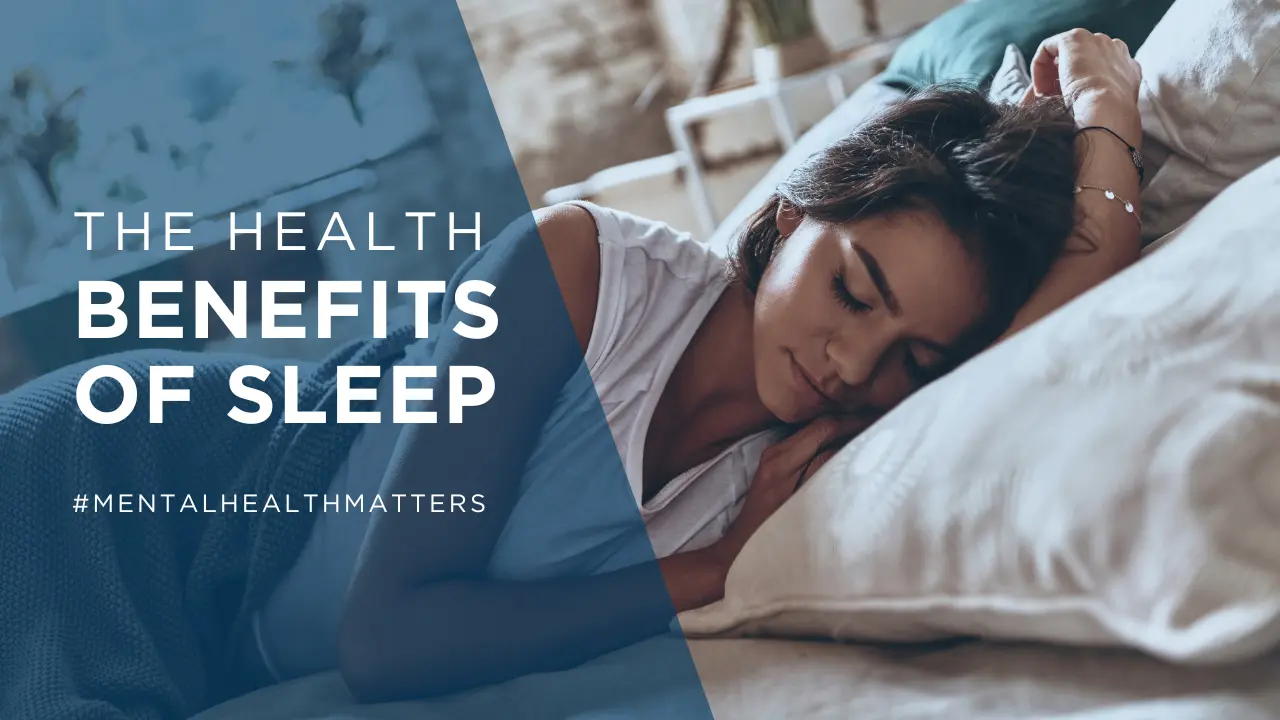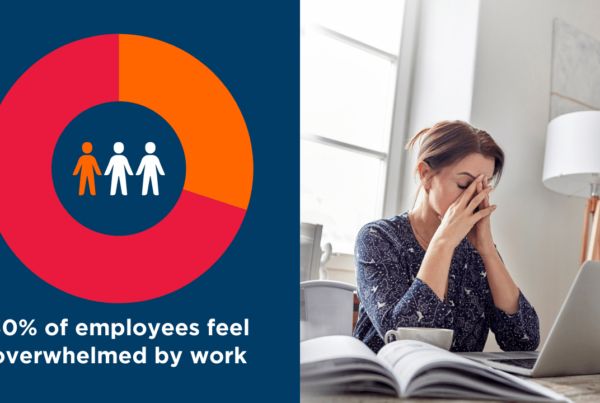
This week at Wedgwood Insurance, we’re dedicating our posts to the crucial topic of mental health. Join us as we explore insightful ways to support mental well-being and share valuable resources for fostering a healthier mind. 🧠💙 #MentalHealthMatters #WedgwoodCares
You know sleep is good for you, but there’s a lot you probably don’t know about sleep. For instance, the average person spends one-third of their life sleeping! Learn how sleep affects your health and get tips for better sleep.
A lack of sleep can significantly impair mental health, often leading to increased irritability, diminished concentration, and heightened susceptibility to stress. Over time, chronic sleep deprivation may exacerbate symptoms of mental health conditions like depression and anxiety.
How Sleep Affects Your Health
Sleep is good for your heart. Insufficient sleep is linked to higher rates of heart disease. According to Harvard Health, a lack of sleep can cause hormonal changes that raise blood pressure and inflammation.
A good night’s sleep improves your appearance. The Sleep Foundation reports insufficient sleep can cause wrinkles, pale skin, swelling around the eyes and even hair loss. Your body repairs damaged skin cells when you’re sleeping by increasing blood circulation to the skin. Lack of sleep can disrupt this repair cycle and lead to higher stress hormone cortisol levels, further interfering with the therapeutic process.
Quality sleep can help you maintain a healthy weight. Not getting enough sleep interferes with the hormones involved in metabolism. For those with diabetes, insufficient sleep can contribute to insulin resistance and make the disease more complicated to manage.
Getting the right amount of sleep lowers your risk of stroke. A study published in the journal Neurology found that people with five to eight symptoms of insomnia had a 51% higher chance of stroke than those without insomnia symptoms. Conversely, too much sleep can increase your risk of a stroke. According to another study published in Neurology, people who sleep nine or more hours a night have a 23% higher stroke risk than those who sleep less than eight hours a night. For people who nap for 90 or more minutes a day, that risk increases to 25%.
Chronic sleep deprivation can damage your brain. Lack of sleep reduces a protein called pleiotrophin. The reduction in pleiotrophin kills cells in the hippocampus, the part of your brain responsible for memory and learning. Studies have linked decreased pleiotrophin levels to Alzheimer’s and other degenerative conditions.
Tips for Better Sleep
If you’re getting less than seven (or more than nine) hours of sleep daily, take steps to improve your sleep.
Establish a regular sleep schedule. Going to bed and waking up at the same time daily primes your body for more restful sleep.
Avoid caffeine after noon. If you’re sensitive, avoid it altogether.
Limit alcohol. A glass of wine before bed may help you doze off, but it can disrupt your sleep, too.
Shut off electronic devices one hour before bedtime. Blue light from screens can interfere with your body’s ability to produce melatonin, which makes you feel sleepy.
Exercise daily. Staying active can improve your sleep. Just don’t work out too close to bedtime.
Use a sound machine. White noise can help you relax. It can also mask noise that might otherwise interfere with your sleep.
Set your thermostat to a cool, comfortable temperature. The Sleep Foundation recommends 15-20 C.
Hang blackout curtains. Blackout curtains make your room more conducive to sleep by blocking out sunlight and street lights. Look for blackout curtains, rather than room-darkening curtains, for the best effect.
Use sleep aids with caution. Sleep aids can create dependencies. Always consult your doctor before taking an over-the-counter sleep aid.
Sleep impacts every facet of your life, from your heart health to your appearance. Commit to getting better sleep. You’ll be glad you did.
About Wedgwood Insurance
Wedgwood Insurance has offices in St. John’s & Corner Brook and is Newfoundland & Labrador’s largest independent insurance broker. We provide straightforward home, auto & business insurance advice.
With over 255 Google My Business reviews, experience the Wedgwood difference with expert advice from our dedicated team. We ensure that every client has the coverage that best suits their needs through upfront complimentary consultations and midterm reviews.
Contact Us






